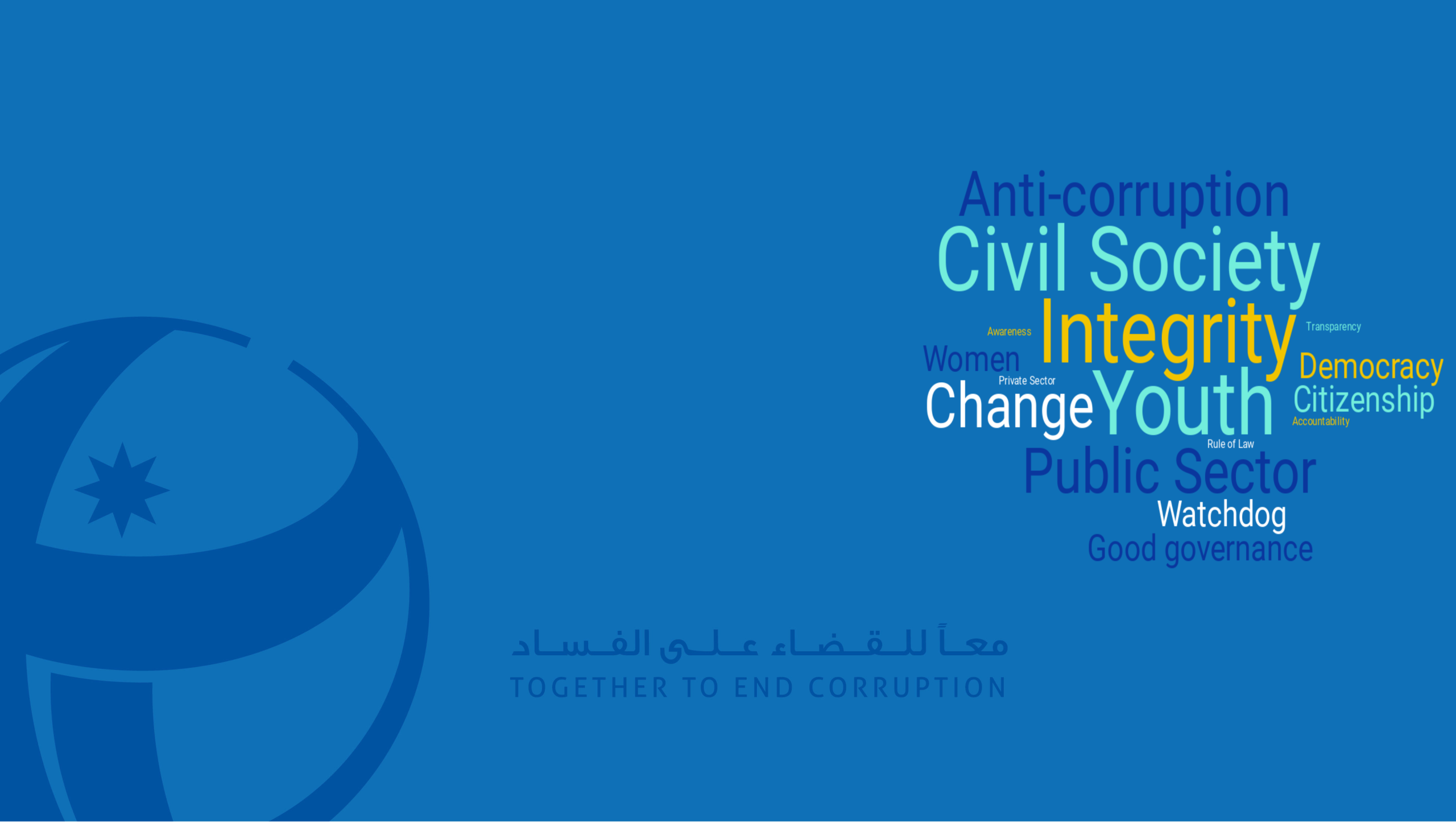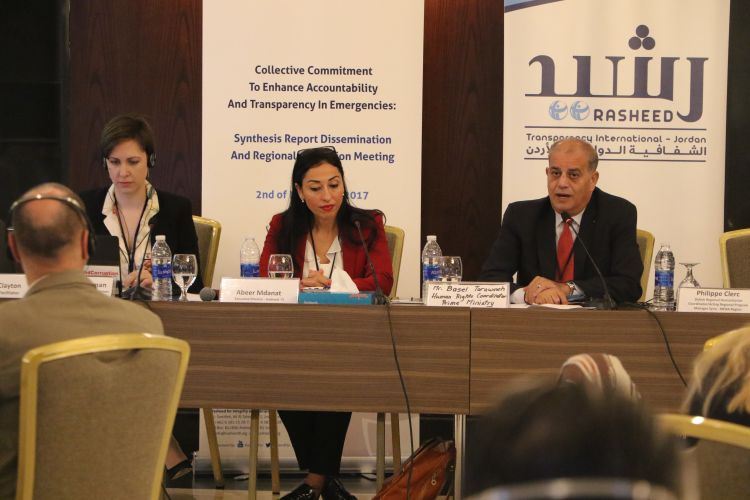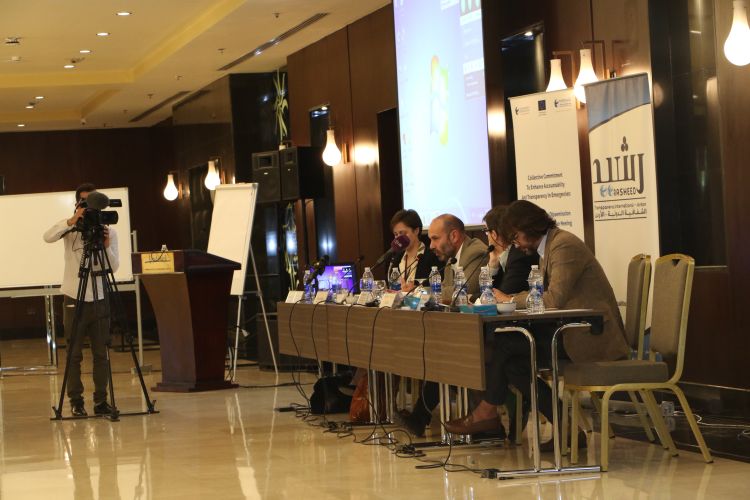Enhanced Accountability and Transparency in Humanitarian Aid

In 2017, more than a million people were fleeing away from their countries worldwide, which led to several types of corruption, sexual extortion, bribes, resources can be stolen, legislative measures can be by-passed…
Corruption in humanitarian aid could be the difference between life and death.
This is why combating it has become crucial, anti-corruption measures have to be taken to ensure that money is used in the best possible manner in order to relieve the suffering of people.
Jordan is one of the countries most affected by the Syria crisis, with the second highest share of refugees compared to its population in the world, 89 refugees per 1,000 inhabitants!
The huge number of refugees in our small-aid independent country, already suffering from financial and environmental issues, has resulted in humanitarian aid organizations requesting more money and assistance from international powers.
In 2017, our organization organized an event in Amman, with the aim to disseminate and discuss the findings and the recommendations written in the Collective Resolution to Enhance Accountability and Transparency in Emergencies Report, published by Transparency International in 2017.
Around sixty representatives from different international NGOs took part in the meeting (embassies, NRC, DRC, ICRC…)
The main recommendations highlighted from the report during the meeting were:
1. International and national organizations should adopt, coordinate and enforce anti-corruption measures in their internal policies and operations.
2. Affected populations should be able to effectively identify and seek redress of corruption in humanitarians operations
3. Risks of corruption should be assessed in a more structured manner in complex operational contexts
4. Increase the dialogue and openness towards discussing and addressing corruption challenges.
During the plenary discussion, a lot of interesting points were discussed:
1. Solutions to mitigate risks
2. Open the dialogue on corruption, it shouldn't be a taboo anymore
3. Strengthening of the internal capacities of all stakeholders working in humanitarian aid
4. The need to find new and creative solutions to combat corruption
5. The necessity of common definitions
6. The importance of gender dimensions
The purpose of this meeting was also to allow Rasheed (TI-JO) to meet representatives from NGOs working in this field in Jordan in order to implement future actions conjointly.
This is the summary of the project 'Enhanced Response Capacity Project: Enhancing the Integrity of Humanitarian Operations in complex humanitarian contexts.
If you are interested in participating with us or in supporting us in the fight against corruption, please call +96265812528 or send an email to info@rasheedti.org





